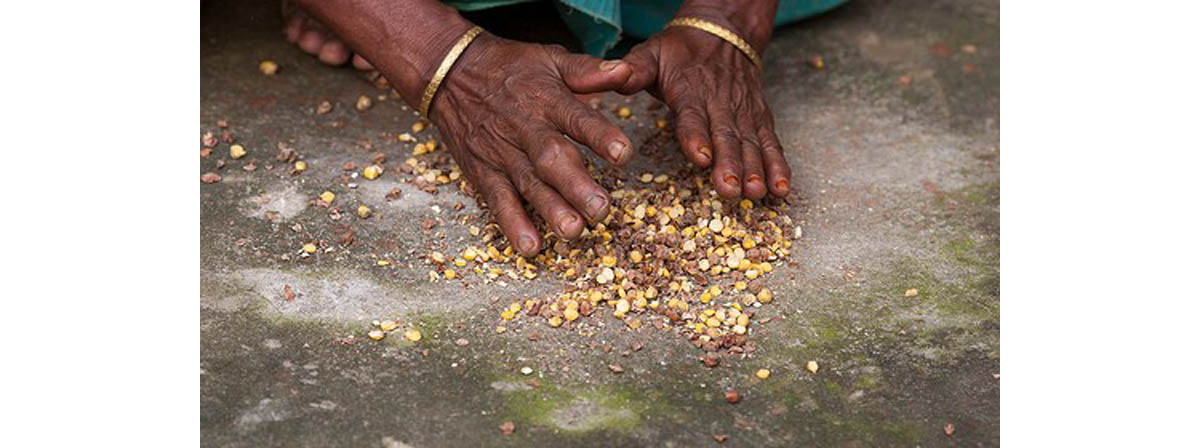Table of Contents
Wasting food isn't something anyone is proud of, but you may be wasting a lot more than that food you are throwing out — you also waste the resources that were spent creating that food and the fuel that was burnt to transport the food to you.

The United Nation point out that it takes 1,000 liters of water to produce a single liter of milk, and as much as 16,000 liters to make a hamburger — cows need to eat and drink to produce your food, after all. Water is only the start. Pesticides, fuel, and labor also go into producing the food you may be letting go to waste.
You can start by making a decision to consciously avoid being wasteful with food in your home. Don't buy more than you need, and steer clear of restaurants and fast-food outlets as much as possible. They are, after all, notorious for serving much larger portions that you need.
Organization is often the biggest obstacle when it comes to preventing food waste. If you don't practice meal planning in your home already, World Environment Day is great time to start. You could begin by planning your meals for the next week, together with all the members of your household. Sit down with a recipe book or some good websites, and decide what you would like to eat. Calculate how much you need to buy of each individual ingredient too, so that you don't end up with left-overs that you don't use.
Those who do make too much food could ensure those meals are freezer-friendly, so that they can save their food for another day rather than letting it go bad and throwing it out, or they can take their left-overs to work or school the next day.
Buying local produce is another important step you can take to become greener. Produce that is flown halfway across the globe before it reaches your plate has consumed much more fuel than produce grown by local farmers. Farmers' markets are a wonderful place to shop, and you will probably find your fruit, veg, meat and dairy is much tastier if you obtain it locally too. It's even better if your local produce is organic, so no chemicals are used in the process.
Finally, fruits and vegetables use fewer resources than meat and dairy products. The animals that you have to thank for those products needed to eat an awful lot to be able to give you meat, milk, or eggs after all. You don't have to become a vegan, but you'll do the environment a favor if you cut back on your consumption of animal products.
Beyond Your Own Family — What Can You Do?
It is true that we all need to be the change we want to see in the world, but that doesn't mean we need to stop with ourselves. What are some small but proactive steps you can take to make the world beyond your own doorstep a little less wasteful?
You can start with your place of work or study, or your kids' school. If these places have canteens, you could start an initiative to make those canteens less wasteful. Find out if they produce more food than anyone could ever use up, and try to get them to purchase local (if possible organic) products.
Encourage your town or city to start a curb composting program so food left-overs get reabsorbed by nature, rather than ending up in the city's waste stream where they'd produce methane. Donate your own non-perishable leftovers to homeless shelters, soup kitchens, or women's refuges.
Tell your friends all about this year's World Environment Day theme, and ask them to get involved. Facebook is a great way to reach many people very quickly, but talking to someone in person may make a lot more impact.
People who would like to get involved in preventing food wastage in the longer-term should consider joining local green groups to spread the message and make a real difference in their communities.
- Photo courtesy of jbloom by Flickr : www.flickr.com/photos/32123311@N00/771241506/
- Photo courtesy of International Maize by Flickr : www.flickr.com/photos/cimmyt/7178688518/


Your thoughts on this